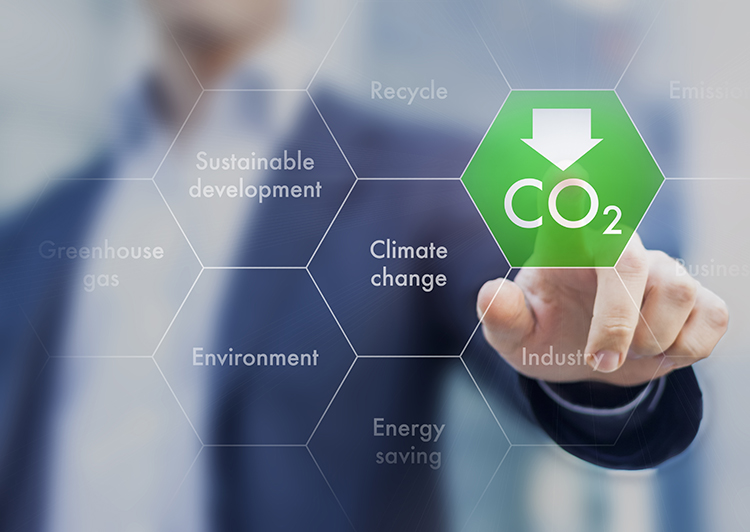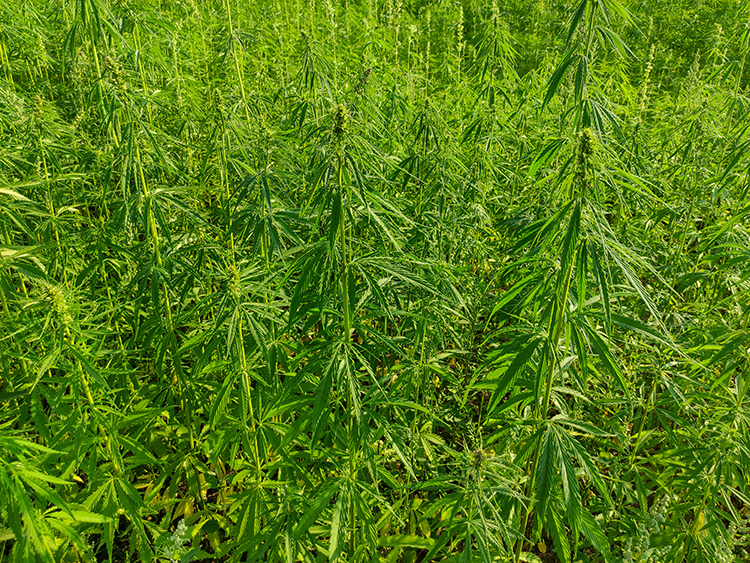Sustainable materials are widely used in our performance outdoor socks. The Recycle polyester, Recycle nylon, and Recycle cellulose fibers reduce the consumption of virgin resources and water consumption. All our yarns are fully traceable. Hicon and supply chain have been inspected and assessed according to the Global Recycled Standard(GRS).


Hemp is one of the world’s most sustainable fiber. It is superior to cotton in some aspect. Cotton needs 70% more water than hemp to grow. A single hemp plant yields 220% more fiber than a cotton plant.
Hemp breathes in 4 times the CO2 of trees
Hemp actively heals the environment surrounding it.
Hemp naturally fights off weeds and pests, so Hemp is no pesticides and herbicides.
Hemp and Hemp blend yarn are perfectly integrated with our Performance Socks.
Hicon is partner to develop and applicate of Natural Plant Dye Cotton, Bamboo, Merino Wool and Synthetic Fiber.
Plant dyeing is the process of using natural dyes derived from various parts of plants, including leaves, roots, bark, and fruits, to color fabrics, paper, and other materials. Unlike synthetic dyes that use chemicals and petroleum derivatives, plant dyes are sustainable and eco-friendly.
The advantages of plant dyeing are numerous. Firstly, natural dyes are non-toxic and biodegradable, which means they don't harm the environment or people who come into contact with them. Secondly, plant dyes are renewable and abundant, as plants can be regrown and harvested without causing long-term harm to the ecosystem. Thirdly, using plant dyes supports local farming communities and traditional textile industries, which have been largely replaced by industrial processes in many parts of the world.
Plant dyeing also has a positive impact on the environment. Synthetic dyes can contain toxic chemicals that pollute waterways and harm aquatic life, and the production of synthetic dyes is energy-intensive and can contribute to climate change. In contrast, plant dyes are non-toxic and don't contribute to environmental pollution. Additionally, the production of plant dyes requires less energy than synthetic dyes, as the dyeing process is often done at lower temperatures and without the use of harsh chemicals.
Overall, plant dyeing is a sustainable and eco-friendly alternative to synthetic dyeing that has numerous advantages for both the environment and local communities. By supporting traditional farming and textile industries, reducing pollution, and promoting sustainable practices, plant dyeing is an important step towards a more sustainable and equitable world.